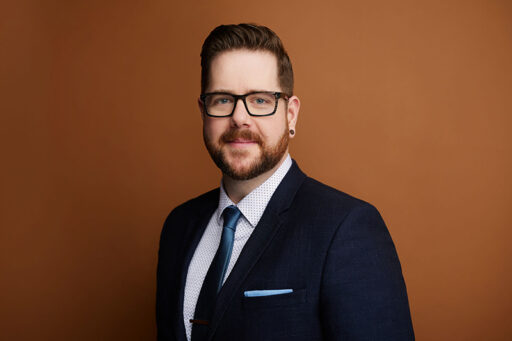College Blog
Hi Everyone—the headline is a trick question. We aren’t advocates for physiotherapy or physiotherapists at all. We aren’t even allowed to be.
The legislation that creates the College of Physiotherapists (and all the other health colleges in Ontario) gives us our power but also limits our power. It creates the College for the purpose of regulating physiotherapists in the public interest. There is nothing in there about assisting the profession to ensure that more patients receive public funding, nothing about assisting PTs to obtain a broader scope of practice, and there isn’t anything that says that we can stop other health professionals from delivering physiotherapy.
It’s understandable that people get confused about the role of the College. Historically, when people began to train to deliver specialized skills, they established guilds. The point of the guilds was to set standards to keep quacks out because quacks stole business from the real professionals. The best way to protect the business was to make sure that the real members of the guild met entry standards to get into the guild and then met performance standards in their work. A person who needed a bricklayer, for example, could count on a guild member to build a house that would not fall down and squish the babies in their sleep.
In a way, we are not so far from that today—the College still sets entry requirements and ensures ongoing quality—but the promotional aspects of the guild (that is, the advocacy part) have been separated from the rule-making activities and now belong to the Association.
There is sometimes overlap in our activities. A recent example is the work we did together to provide webinars about the practical application of the funding revisions. From the College’s perspective, we needed to educate physiotherapists about the rules and expectations surrounding the delivery of care under the new model. From the Association’s perspective, they wanted to offer support and education so that PTs could make the most of the new model.
So does the College do anything to help the profession? We think that we do. First, we collect information from you to establish what you expect of your peers. From this information, we set out standards and guidelines for all PTs. We educate and advise about the standards and, in worst case scenarios, we investigate and prosecute their violation. And what does that do for you? It ensures that a patient who needs a physio can count on a College registrant to offer safe ethical care. And that preserves and promotes the profession. But that’s as far as we can go.
Sometimes some of you make comments on the blog, or e-mail me (thank you, I am always happy to hear from you) and you are disappointed because we do such a lousy job of advocating for you. I’m sorry about that—sometimes I wish that we could do more because I believe so strongly in the value of the profession—but that’s not our job.











Share Your Thoughts